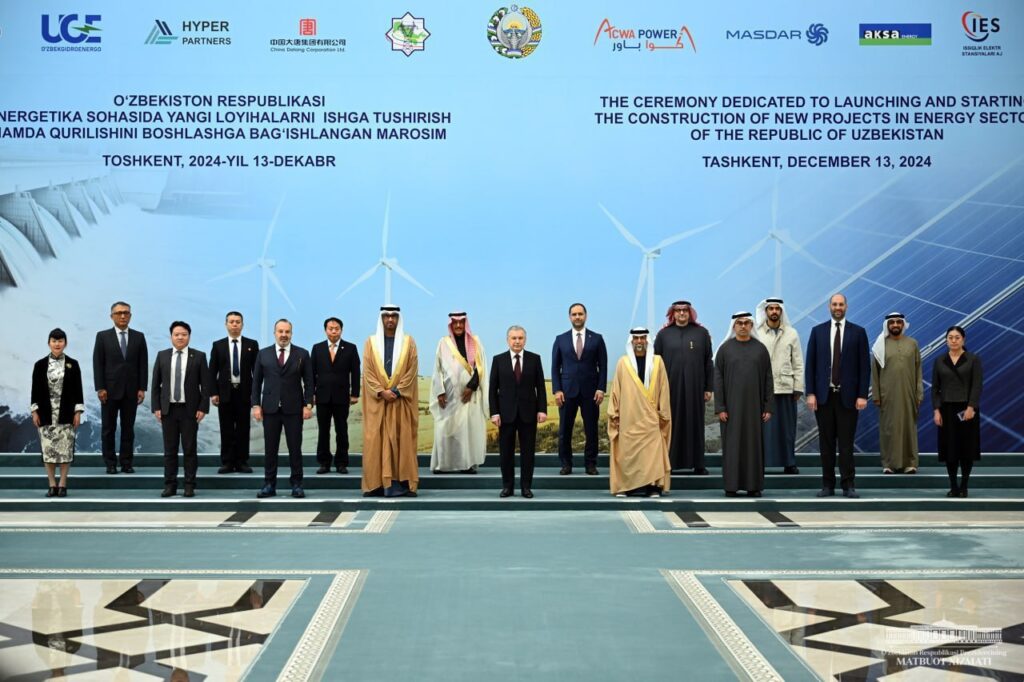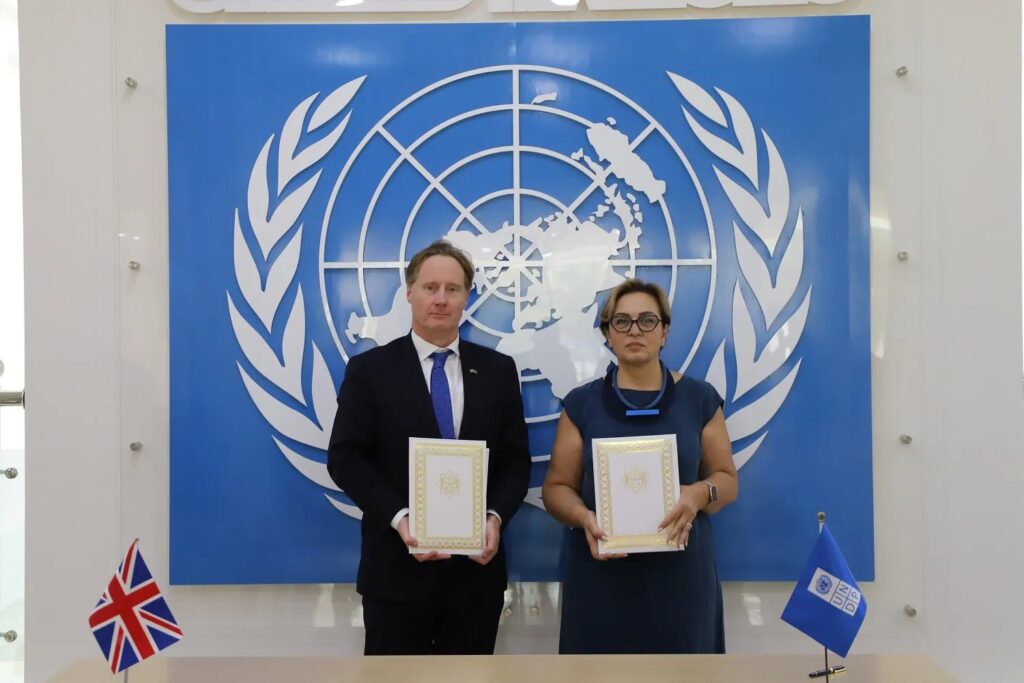Kazakhstan to Slash Imports with $2.6 Billion Domestic Output Plan
Kazakhstan's Ministry of Industry and Construction (MIC) has announced plans to reduce the country’s reliance on foreign imports by replacing goods worth KZT1.4 trillion ($2.6 billion) with domestically produced alternatives by 2025. This ambitious goal is intended to be achieved through the launch of new production facilities in the automotive and household appliances sectors. According to the MIC's Industry Committee, 190 investment projects are slated for implementation in 2025, creating over 20,000 permanent jobs for Kazakhstani workers. Once fully operational, these projects are expected to generate an output of KZT2.2 trillion ($4.1 billion), with KZT0.8 trillion ($1.5 billion) designated for export. The import substitution effort is forecasted to account for KZT1.4 trillion ($2.6 billion) of this total output. “This initiative will bolster domestic production, reduce dependence on imports, and enhance the competitiveness of Kazakhstan's national economy,” stated the committee. Trade Trends and Key Import Partners Kazakhstan's import volume for January - October 2024 was $48.4 billion, as reported by the Bureau of National Statistics. During this period, imports declined by 3.3% compared to the same timeframe in 2023. The country’s key import partners include: Russia: 29.7% of total imports China: 25.5% Germany: 4.9% USA: 3.9% France: 3.2% Republic of Korea: 3.1% The largest import categories in 2024 were cars (4.1%), aircraft (3%), medicines (2.9%), cell phones (2.7%), and motor vehicle bodies (2.1%). Significant Projects on the Horizon To address these import trends, major projects in the automotive, household appliances, and metallurgy sectors are planned for 2025. These include: Almaty: Construction of a multi-brand plant by Astana Motors to produce Chinese passenger cars. The facility will have an annual production capacity of 90,000 vehicles. Kostanay Region: Establishment of the KIA Qazaqstan plant, which will produce 70,000 vehicles annually of the Korean brand. Combined, these automotive projects will create 3,700 jobs. As previously reported by The Times of Central Asia, Kazakhstan is expected to record high sales of passenger cars by the end of 2024, with approximately 70% of vehicles purchased being domestically produced. Regional Investment Distribution The Turkestan region and Almaty City lead in the number of new investment projects, with 15 and 14 initiatives, respectively. The Kostanay and Karaganda regions also stand out, particularly Karaganda, which is set to receive KZT256 billion ($486 million) for ferrous and non-ferrous metallurgy projects. Overall, Kazakhstan’s manufacturing sector is projected to attract KZT1.2 trillion (nearly $2.3 billion) in investments in 2025, further solidifying the country’s industrial base and economic resilience.



